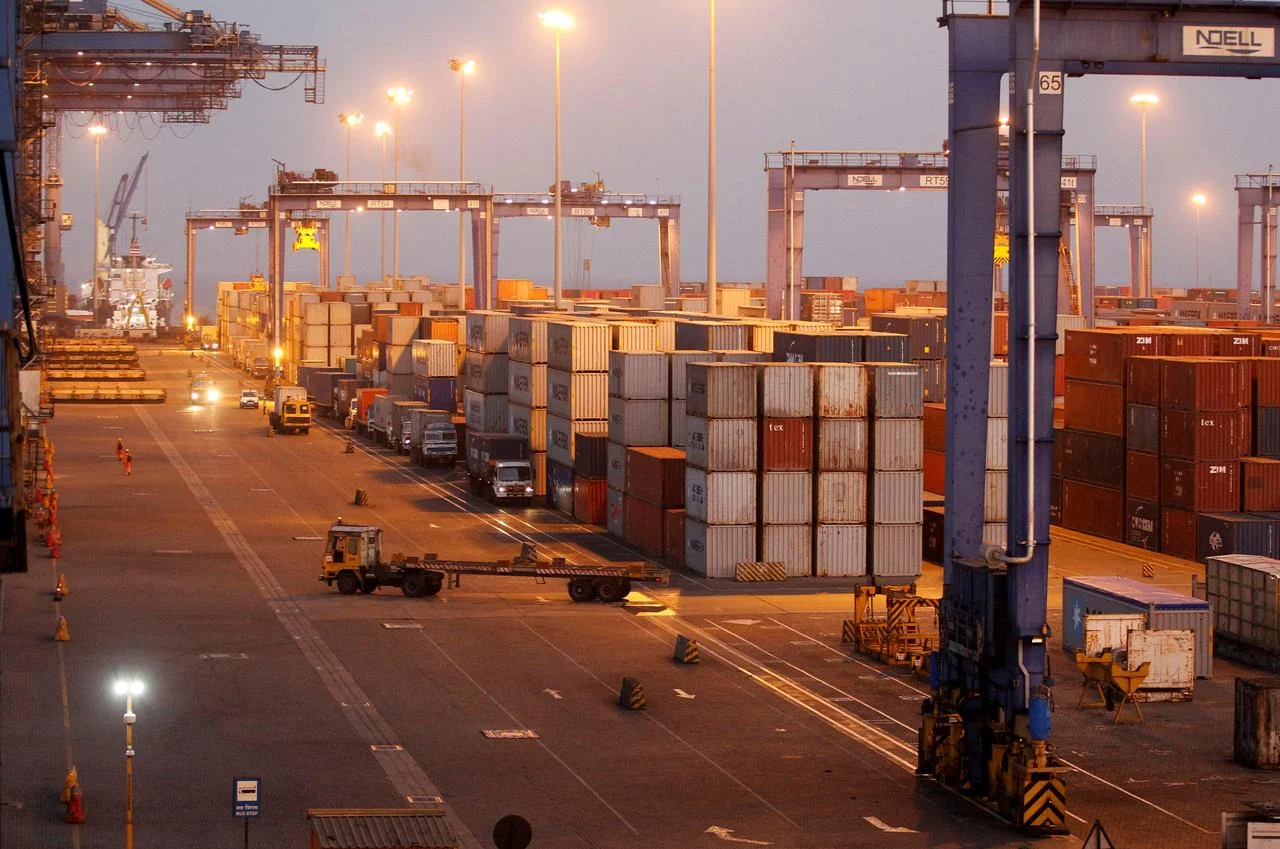Import-export companies face a lot of challenges when it comes to ensuring compliance with regulations and laws. To operate legally and effectively, they must navigate through a complex web of domestic and international trade laws, customs regulations, and international standards. Failure to comply with these regulations can result in severe consequences such as fines, loss of license, or even criminal prosecution. This article will discuss the measures that import export company take to ensure compliance with regulations and laws.
Table of Contents
- Introduction
- Understanding Trade Laws and Regulations
- Complying with Export Control Laws
- Ensuring Compliance with Customs Regulations
- Implementing Trade Compliance Programs
- Conducting Regular Compliance Audits
- Educating Employees on Regulations and Laws
- Conclution
Introduction
Import-export companies play a crucial role in facilitating global trade and economic growth. However, doing business across borders is not without its challenges, particularly when it comes to compliance with regulations and laws. Non-compliance can result in significant legal and financial repercussions, and even damage the reputation of the company. Therefore, import-export companies need to take necessary steps to ensure compliance with regulations and laws.
Understanding Trade Laws and Regulations
Before an import-export company can ensure compliance with regulations and laws, they need to understand the various rules and regulations that apply to their business. These regulations may vary depending on the nature of the products they trade, the countries they operate in, and the parties they deal with. Import-export companies need to keep abreast of changes in regulations and laws and ensure that their employees understand them.
Complying with Export Control Laws
Export control laws aim to prevent the proliferation of weapons of mass destruction, support anti-terrorism efforts, and promote regional stability. As such, these laws regulate the export of sensitive items, such as dual-use goods, to certain countries or parties. Import-export companies need to be aware of these regulations and implement internal controls to ensure compliance. These controls may include screening customers, performing due diligence on partners and suppliers, and obtaining necessary licenses or authorizations.
Ensuring Compliance with Customs Regulations
Customs regulations play a vital role in international trade by facilitating the flow of goods across borders while protecting domestic industries and consumers. Import-export companies must ensure that they comply with customs regulations by accurately declaring the value, origin, and classification of goods, paying applicable taxes and duties, and adhering to documentation requirements. Non-compliance with customs regulations can result in delays, additional costs, and penalties.
Implementing Trade Compliance Programs
Import-export companies can establish trade compliance programs that outline the company’s policies and procedures to ensure compliance with regulations and laws. These programs may include risk assessments, internal controls, training and awareness, and regular compliance audits. Trade compliance programs help import-export companies identify potential risks, mitigate them, and ensure continuous improvement.
Conducting Regular Compliance Audits
Import-export companies must regularly conduct compliance audits to identify and address any compliance issues. Compliance audits can help import-export companies identify areas for improvement, assess the effectiveness of internal controls, and mitigate potential risks. These audits may be performed internally or by third-party auditors.
Educating Employees on Regulations and Laws
Import-export companies must ensure that their employees understand regulations and laws that apply to their business. Training and awareness programs can help employees identify potential compliance risks, understand the company’s policies and procedures, and promote a culture of compliance. Employees who are aware of regulations and laws are more likely to comply with them.
Conclution
Ensuring compliance with regulations and laws is crucial for the success of import-export companies. These companies need to understand the various rules and regulations that apply to their business, comply with export control laws, adhere to customs regulations, implement trade compliance programs, conduct regular compliance audits, educate employees on regulations and laws, maintain accurate and complete records, utilize technology, keep up with changing regulations and laws, and build a strong relationship with regulators. By taking these measures, import-export companies can minimize risks, improve operational efficiency, and maintain their reputation. Compliance is not an option but a necessity for import-export companies that wish to operate legally, ethically, and sustainably.
